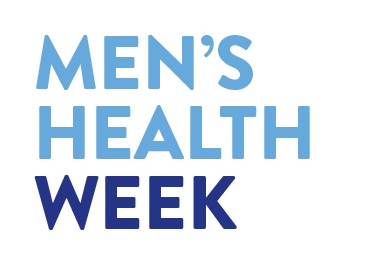The report points out that the National Chlamydia Screening Programme has screened fourteen times as many women as men — yet it is known that men and women carry the chlamydia infection in equal numbers and that most women are infected by sexual contact with men. The report shows how to get more men to volunteer for chlamydia testing. In an unusual approach, the Men and Chlamydia project focused on the workplace to target 4,000 men. The aim was to increase men's awareness of chlamydia, to promote the adoption of safer sexual practices, particularly among young men, and to encourage men to seek screening and treatment where appropriate.
In partnership with the local Primary Care Trust, the Forum provided urine testing kits and health promotion literature in six work places in Telford, Shropshire and men were invited to return their urine samples to a local laboratory. Those men testing positive were then invited to visit their general practitioner, their local genito urinary clinic or to go to their pharmacist to get a one-off course of antibiotics.
Of the 400 people who took the opportunity to take the chlamydia test, almost 80 per cent were male. Almost one in ten of the total target audience of men aged under 30 chose to take up the offer of screening and of those over three per cent tested positive for chlamydia. The majority of those who tested positive preferred to seek treatment at a pharmacy rather than go to their GP or a GUM clinic.
Success was achieved by a combination of factors, including partnership between the NHS and local communities, male-friendly promotional materials, free self-test kits and the availability of treatment at local pharmacies. The Forum believes that the results of the two-year project could point the way to persuading men to take their health more seriously, so improving the health of women as well.
